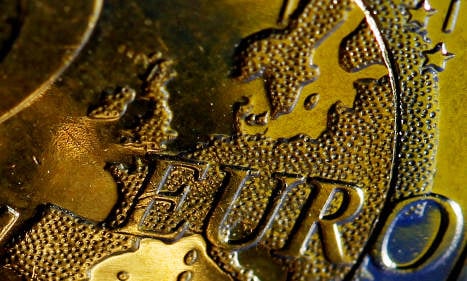Alpha is offering to take over Emporiki for a price of €1 but Credit Agricole would have to put in another €550 million ($710 million) to recapitalise the subsidiary.
The French bank would also subscribe to €150 million in convertible bonds issued by Alpha bank.
In addition, Credit Agricole would provide residual refinancing to Emporiki at the disposal date, which would be repaid in three instalments by the Greek bank.
Credit Agricole already injected €2.3 billion in July into Emporiki, which it put up for sale after the subsidiary reported in May a 75% drop in first quarter earnings over its exposure to the Greek debt crisis.
The French group had spent about €5 billion in 2012 alone to shore up the Emporiki.
If the initial acquisition price is added to losses incurred and capital rises since, the bank has spent about €8.7 billion on the ailing subsidiary.
Shares in the French bank rose 2.59% to €5.51 in morning trading, outperforming the overall market which was up 1.12%.
An analyst speaking on condition of anonymity noted that the transaction was not surprising as it had been widely reported in recent days.
"But certain investors are nevertheless relieved," he said.
Jean-Pierre Lambert, an analyst at Keefe, Bruyette and Woods described the development as "more positive than expected".
"First because it's the end of the year and because there is favourable tax treatment for capital injections, which would reduce the impact on the results," he said.


 Please whitelist us to continue reading.
Please whitelist us to continue reading.
Member comments